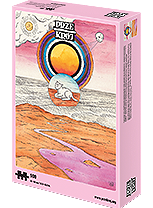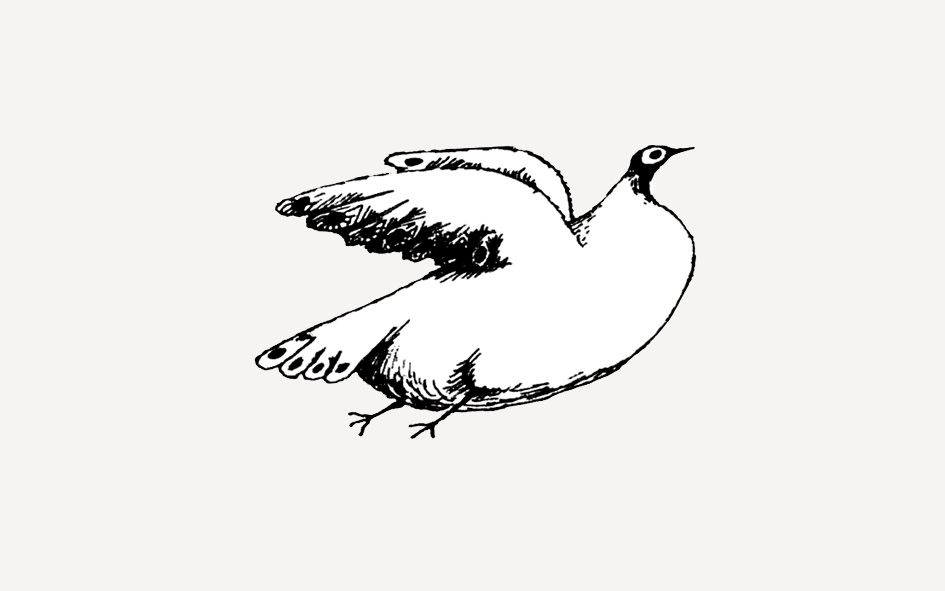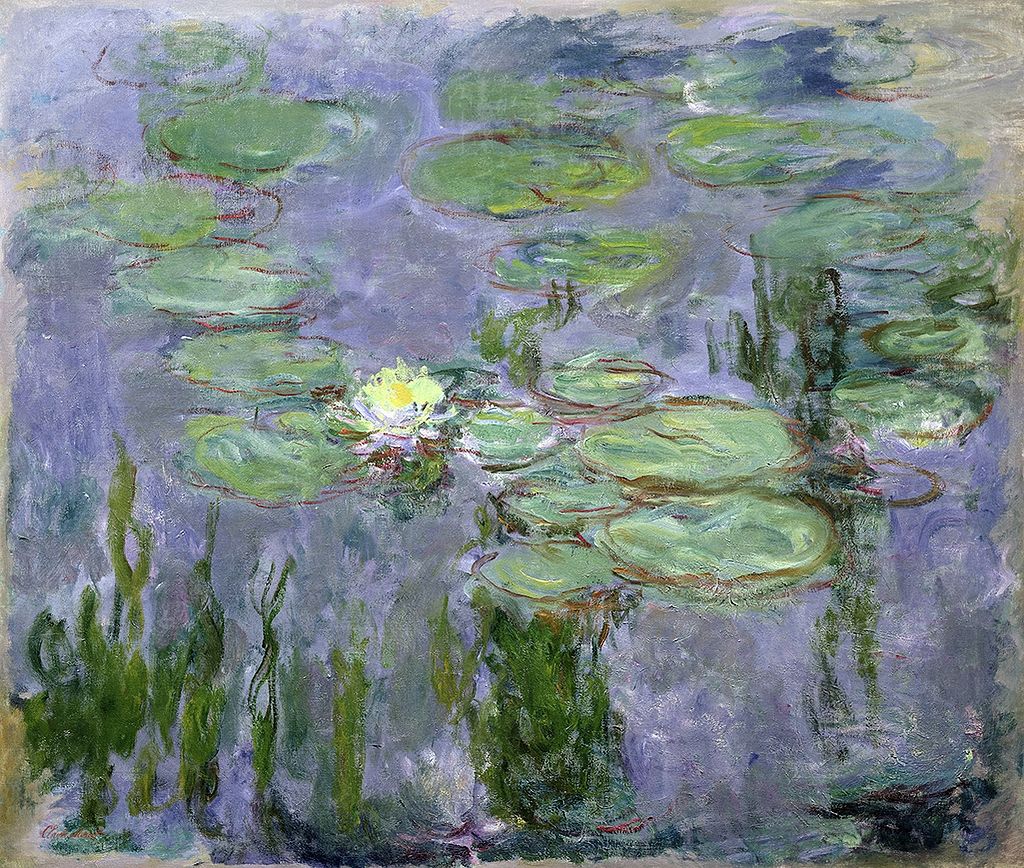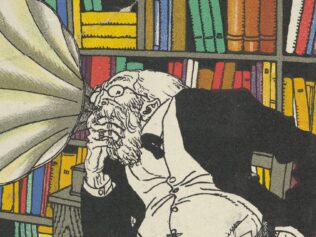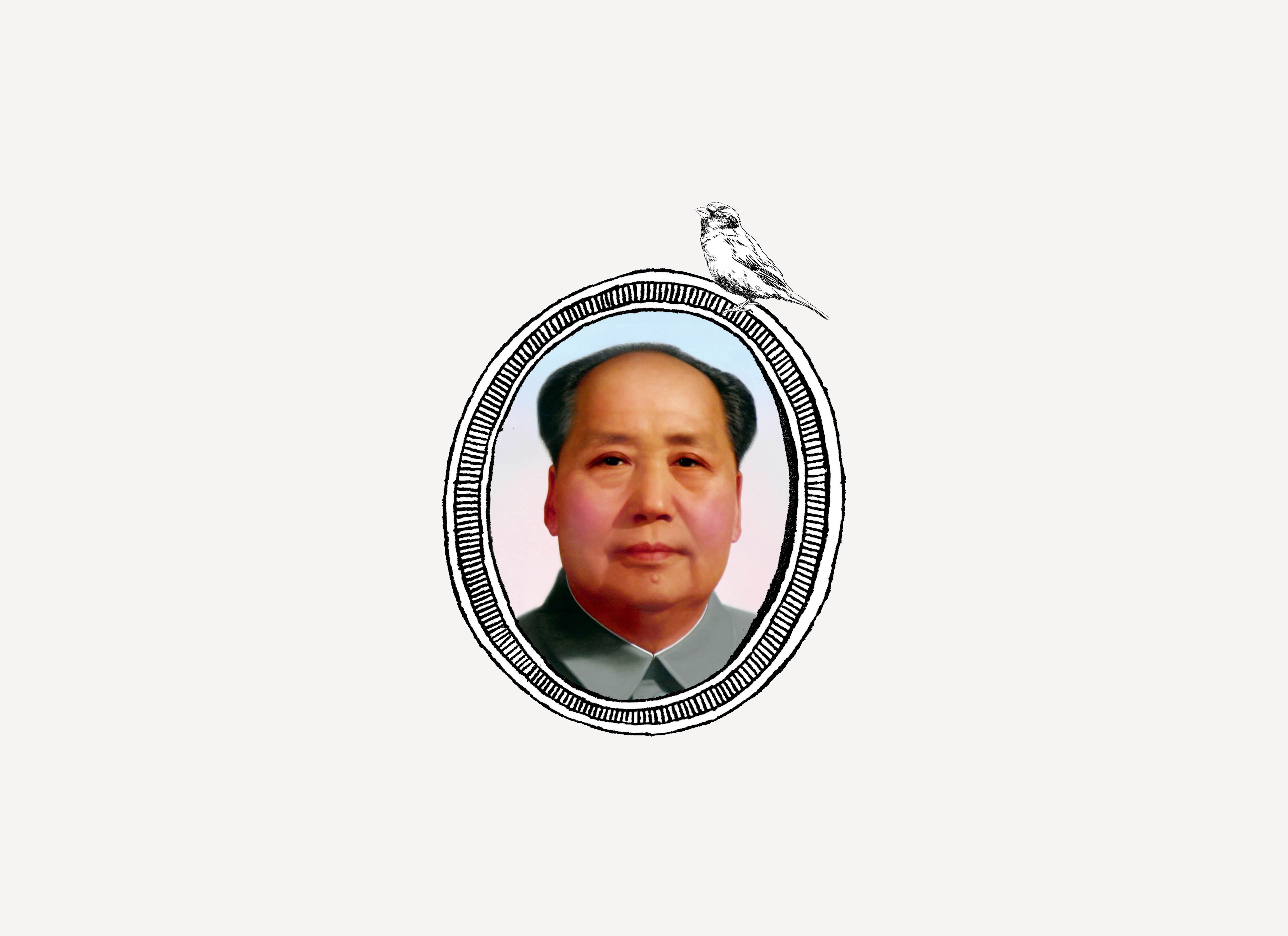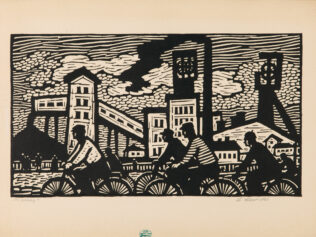
The writer Ngũgĩ wa Thiong’o served his time not under British rule, but in the new, magnificent and independent Kenya. Because it sometimes turns out that one of the legacies of colonialism can be corrupt and broken elites – and Ngũgĩ waged war on them with his pen.
When the distinguished guests of the Norfolk Hotel, quaffing champagne, fired from the windows at a crowd of protesting Kenyans, there was darkness on the other side of the road. Perhaps by firing at people, they fancied that they were honing their hunting skills, or perhaps, quite simply, they were killing time on a boring afternoon. That was Nairobi in spring 1922. There was no theatre yet opposite the hotel. The theatre was built 40 years later, the year before Kenya won its fight for independence. But a further four decades were to pass before the National Theatre in Nairobi became accessible to all: “A home for our common Kenyan dreams,” as Ngũgĩ wa Thiong’o, once known as James Ngugi, wrote.
The words of this great writer adorn the menu of the Igiza Lounge, the club-café on the first floor of the theatre, popular among young Kenyan artists. Alongside the quotation, there are two photographs of the theatre building – one in black and white from the 1960s, the other in colour from four years ago. The first photo shows women in smart dresses, elegant men in suits, tailored in the styles of the day from the London fashion magazines. Colonial society is going to the theatre it has just built for itself. In the second photo, young Kenyans are standing in front of the entrance to the building, which is decorated with Kenyan flags. This photo was taken during the official reopening of the theatre after expensive renovation works, ordered by Uhuru Kenyatta, son of the first president of independent Kenya, who holds the same post himself today. Other photos taken that day show a red carpet running up the steps leading into the building. Colourful confetti falls on the smiling faces of the invited guests. Among them is Ngũgĩ.
Who here doesn’t like guerrillas?
This is the story of a man for whom literary language became a tool with which to fight for the memory and identity of his nation. He travelled the road from talented scholar at prestigious British universities – a lover of T.S. Eliot, Samuel Beckett and William Shakespeare – to radical defender of his native Kikuyu language. He gave up writing in English because he believed that this was the only way to free the Kenyan spirit from the chains of its colonial past.
Ngũgĩ’s serious problems began in the theatre. It was 1977. Kenya had been independent for 14 years. Jomo Kenyatta, the first president of the country after the departure of the British, had just one more year to live. Doubts and disappointment were beginning to dissipate the joy and optimism of the early years of freedom. The prisons, where until recently anti-colonial rebels had been incarcerated, were starting to fill up with the enemies of the new rulers. It was ever easier to earn this title. It was enough to write a play that the President didn’t like.
The premiere of The Trial of Dedan Kimathi at the National Theatre nearly caused a revolt. In the play, Ngũgĩ – who still went by the name James Ngugi then – tells the story of the commander-in-chief of the anti-colonial Mau Mau guerrillas. In 1957, Dedan Kimathi was captured and hanged by the British. However, before the great commander’s torturers carried out the execution, they immortalized his downfall, filming him as he lay naked on the ground, under a blanket, handcuffed with his arms crossed over his chest. His leopard-skin garment and hat were displayed to the assembled crowd of journalists like hunting trophies. It all looked like a hunting scene but, instead of a wild animal, the prey was a man.
The picture of the moment of Dedan Kimathi’s capture is one of very few photographs, and certainly the best-known, of the leader of the Mau Mau freedom fighters. Even many, many years after Kenya’s declaration of independence, it was the colonizers who took care of the memory of one of the greatest heroes of the Kenyan freedom movement. The memorial to Dedan Kimathi was erected in the centre of Nairobi in 2007. Designed by Kenyan artists, it shows the leader standing, not lying down, his head held high, and with a bold expression on his face. But this was a full 30 years after Ngũgĩ wrote a play about him.
In 1977, stirring up memories of the Mau Mau guerrillas did not go down well with the authorities. These memories were still very fresh, and the people who had fought for freedom in the forest were still young. But Jomo Kenyatta, the first president of independent Kenya, did not belong to the Mau Mau. He cut himself off from the guerrillas, publicly denouncing them; calling them ‘jailbirds’. When he was sworn in as president of the free country, he distanced himself from the heroes who had fought in the forests and never gave them the thing for which they had spilt their blood: land. The land which the Mau Mau insurgents had fought for was stolen by the new elite. Ngũgĩ’s play was therefore politically incorrect. The idea to engage a cast of people from the provinces for the performance, instead of professional actors from Nairobi, put the authorities on red alert. The cast ensured the authenticity of the theatrical performance.
“The actors were amateurs, but they knew the songs extremely well, having sung them themselves during the uprising. They knew how to make the weapons which the insurgents had used against the British,” says Ngartia Bryan, an artist and author of a series of theatrical works about the forgotten heroes of Kenyan history entitled Too Early for Birds. The realism of this art stirred up memories and provoked questions: What were we really fighting for? Had freedom and justice not been stolen from us again? Crowds of people came to see The Trial of Dedan Kimathi. The theatre was surrounded by armed police. At the end of the performance, the actors and the audience came out of the theatre together, singing a revolutionary song.
A novel on toilet paper
The authorities reacted forcefully and the play was banned. Under the orders of Vice President Daniel arap Moi (who became President in 1978, holding the post through the darkest 23 years of independent Kenya’s history), Ngũgĩ was sent to the same prison where Dedan Kimathi had been incarcerated years before.
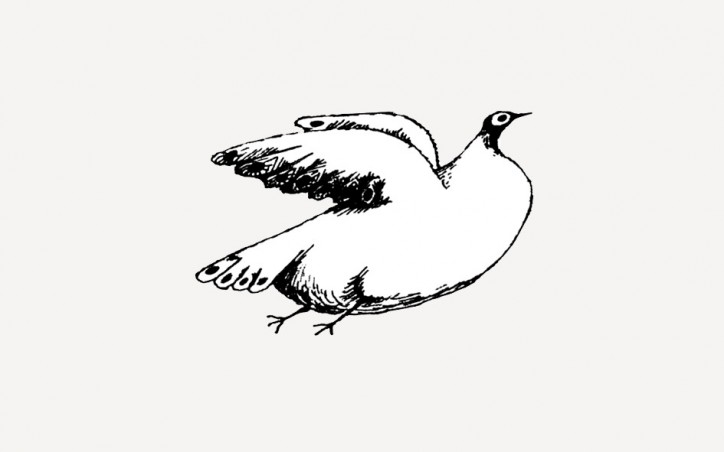
Ngũgĩ’s time in prison was transformational. The writer renounced his Christian name, and went back to an African name. James Ngugi ceased to exist; Ngũgĩ wa Thiong’o was born. He also decided that, from then on, he would write only in his native Kikuyu language, despite the fact that his first four novels written in English had brought him worldwide fame and the acclaim of Western critics. The fruit of this personal and literary metamorphosis was one of the most interesting books of his career, Devil on the Cross. Although Ngũgĩ has devoted his entire creative energy to Kenya, he has only written this one novel in his homeland. The grim perversity of the times meant that he wrote the novel in solitary confinement on prison toilet paper. This was also the first book ever written in the Kikuyu language. Its title in the original language is Caitaani Mũtharaba-Inĩ. He dedicated it to all Kenyans fighting against neo-colonial imperialism.
Devil on the Cross is about the scourge of corruption which, like the curse laid on Kenya by the British, is the source of evil, violence, vice and the degeneration of the ruling elites. In Ngũgĩ’s opinion, colonialism in Kenya did not end in 1963. It is still with us today, because the British colonized African minds. That is why the politicians who took over the levers of power after declaring independence so quickly became just like their British torturers. They were ready to sell their souls for the chance to drink a glass of whisky in a British club, or for a game of golf. He later called them ‘Draculas’. Exploitation by white elites became exploitation by black elites. Injustice changed colour, but still oppressed the Kenyans with the same cruelty. One of the most insidious expressions of post-colonialism, in the writer’s view, was the way they took on the language of their former oppressors. “The bullet enforces physical submission, and language, spiritual submission,” he said in one of his interviews. He called language the “guardian of memory”, adding that memories are a tissue of our identity.
In 1982, Ngũgĩ was due to return home from London, where he had been invited to the launch of the English edition of Devil on the Cross. His bags were packed and ready to go, when he learnt that President Moi had laid out the ‘red carpet’ for him at Nairobi airport. Returning to Kenya would mean going back to prison. This was when he started to describe himself as a castaway, because he didn’t want to use the word ‘exile’. He didn’t unpack his suitcase for another seven years. This only happened when he took up a professorship at Yale University, where he lectured on English literature. “But the unpacked suitcase remained in my head,” he wrote later in one of his articles.
A journey into the depths of the Kenyan soul
He only saw his homeland, Kenya, after Daniel arap Moi was no longer president. This was at the start of the 21st century. He would make short visits, but never said that he could stay forever. In 2015, he came over to take part in the official opening ceremony of the newly-refurbished National Theatre – the very place that had determined his personal and literary fate.
Today, lights shine on both sides of the street. At the time when the guests of the Norfolk Hotel, drinking their champagne, were firing from their windows into the protesting crowd, this street was called Kingsway. Today it is called Harry Thuku Road, after one of the first heroes of the Kenyan independence movement. In 1922, he was sent to prison, which caused an angry backlash from the public, unprecedented in colonial times. Then, not only the police, but also guests of the luxury hotel fired on unarmed civilians, thus providing a form of entertainment for themselves, as well as warming up their rifles before heading off to hunt wild animals.
Once visited by some of the most famous lovers of big game hunting, such as Teddy Roosevelt and Ernest Hemingway, the Norfolk Hotel still retains its glamour. It looks its best at dusk when, in the warm light of the lamps, it emanates the elusive charm of its past, carrying whispers and spells and promises of adventure and wealth. There were also ghosts on the other side of the street, where the theatre was built, right opposite the hotel, more than half a century ago. The memories of former heroes and warriors return to tread the boards: Dedan Kimathi, Harry Thuku, and many others. Today these memories are invoked by young Kenyan artists who, following in the footsteps of Ngũgĩ, are the new guardians of memory. When 24-year-old Abu Sense and 27-year-old Ngartia Bryan wrote Too Early for Birds, they knew that the only place they wanted to perform it was the National Theatre. “Too Early for Birds is meant to remind us who we are. It is significantly more than a theatrical journey through time. We want it to be a journey into the depths of our Kenyan souls,” say the young artists.
Ngũgĩ wa Thiong’o returns to the theatre from time to time. In mid-February, the 81-year old writer gave a reading of excerpts from his latest novel, an epic about the first, mythical inhabitants of Kenya – Mumbi and Gikuyu. God sent them nine daughters, who gave rise to the most important Kenyan clans. “I wanted to write about them, because these women had no brothers. They relied solely on each other because there were no men around. I like to think that they were the first feminists on the planet,” said Ngũgĩ during the promotion of his latest novel. But that’s quite another story.
Translated from the Polish by Annie Krasińska

